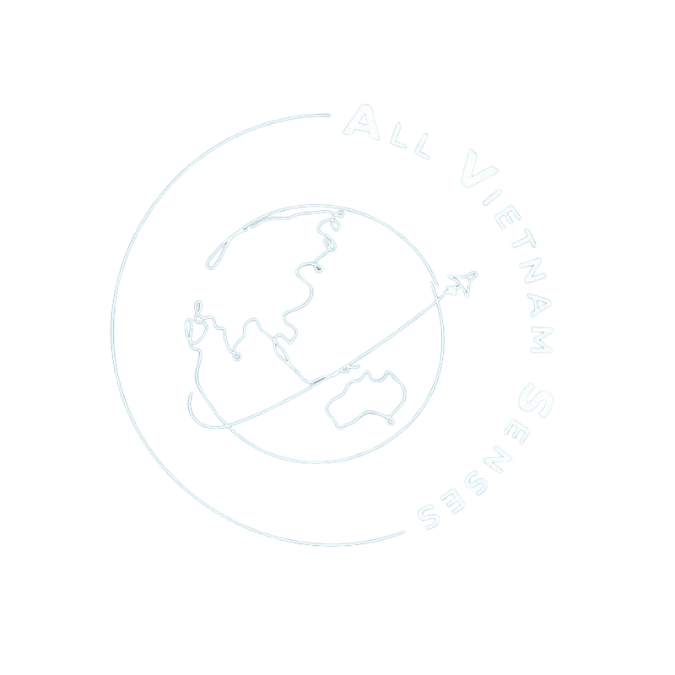All You Need to Know About the Vietnam Dong
Vietnam offers exceptional value for money with its affordable food, accommodations, and activities. Before your first visit, familiarize yourself with the local currency and payment systems to make the most of your trip. Here’s a handy guide to handling money in Vietnam.

Vietnamese Currency

The official currency of Vietnam is the Vietnamese đồng, abbreviated as VND or ₫. The currency includes small paper bills and larger polymer notes, ranging from 10,000 VND to 500,000 VND. To simplify the large numbers, you can mentally remove three zeros. For a quick USD conversion, remove three zeros and divide by 23.
TIP: The 20,000 VND and 500,000 VND bills look similar in color, so double-check before paying.

Card Payments in Vietnam

While cash is common for small purchases and street vendors, credit cards such as Visa are widely accepted at hotels, tour operators, boutiques, restaurants, grocery stores, and spas. Conversion rates and fees are determined by your card provider. Most of your significant expenses can be paid by card, either on the spot or online, minimizing the need to carry large sums of cash.
Local Prices
Planning your budget for Vietnam? Here’s a list of average costs:

- Sidewalk coffee: 25,000 VND (1 USD)
- Street food meal with iced tea: 45,000 VND (2 USD)
- Cappuccino in a cafe: 55,000 VND (2.50 USD)
- Three-course restaurant meal: 450,000 VND (20 USD)/person
- Inner-city taxi: 35,000 to 100,000 VND (1.50 to 4 USD)
- 60-minute foot massage: 350,000 VND (15 USD)
- Budget hostel: 300,000 VND (13 USD)/night
- Mid-range hotel: 700,000 VND (30 USD)/night
- Half-day group tour: 1 million VND (43 USD)
- Luxury hotel:5 million VND (150 USD)/night
Safety and Security

Vietnam is generally safe for travelers, but it’s wise to keep an eye on your money and avoid displaying valuables in public. Use the hotel safe for cash, cards, and valuables. Keep wallets and purses secure, especially in crowded places. Cards with safety features like Visa’s 3D security system can help protect against loss or fraud.
TIP: Many businesses and taxis in Vietnam now accept Visa contactless payments, which you can make by tapping your card on a terminal. This adds peace of mind and reduces health risks as your card never leaves your hand.
Tipping Etiquette

Tipping is not a standard practice in Vietnam but is becoming more common in beauty salons and with private tour guides. It’s not expected in restaurants and cafes but is always appreciated. When tipping, consider that a local meal costs around 30,000 VND to 40,000 VND, which can guide you in determining an appropriate amount.
In markets and casual shopping areas, bargaining is typical. You can usually negotiate a better price, especially in tourist areas. Browse multiple shops to get a sense of the average price before settling.
With this guide, you’ll be well-prepared to manage your finances and enjoy your time in Vietnam to the fullest.


